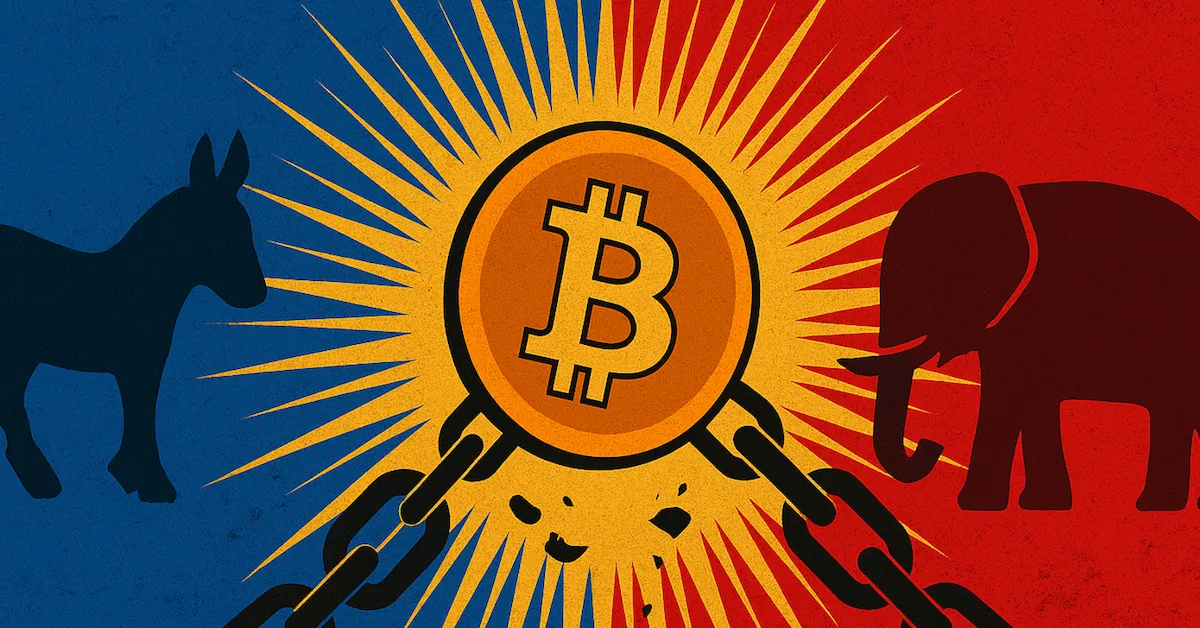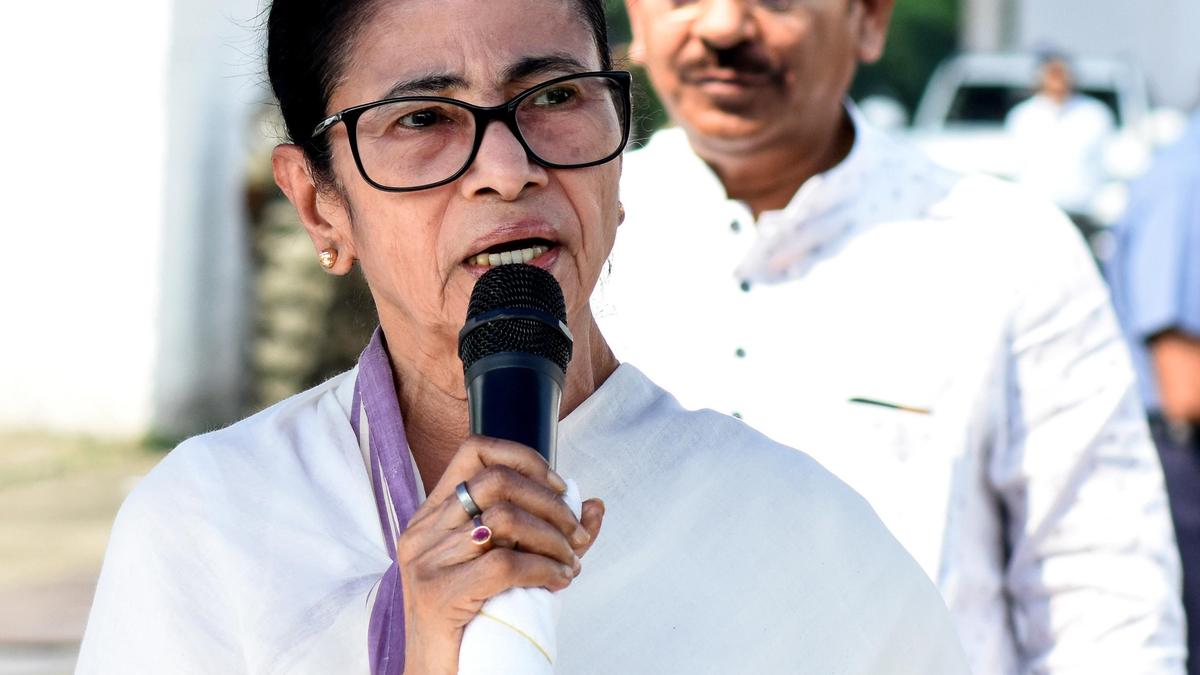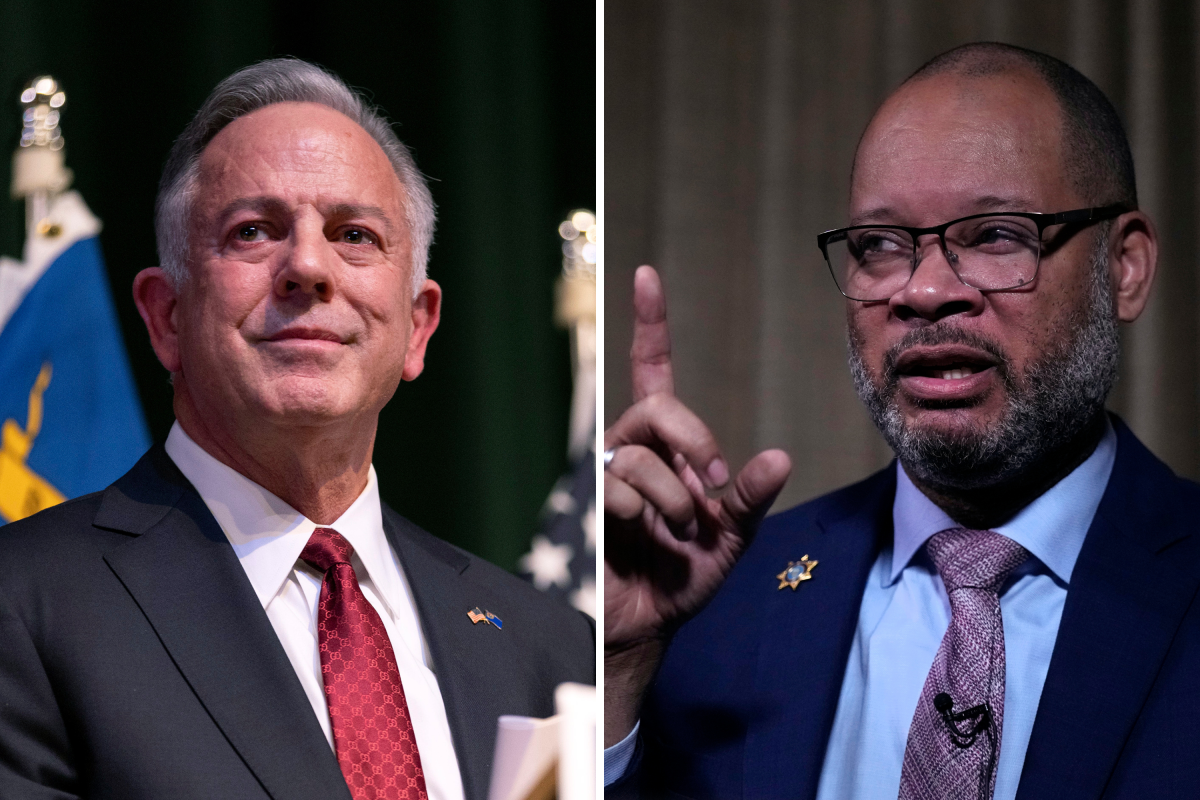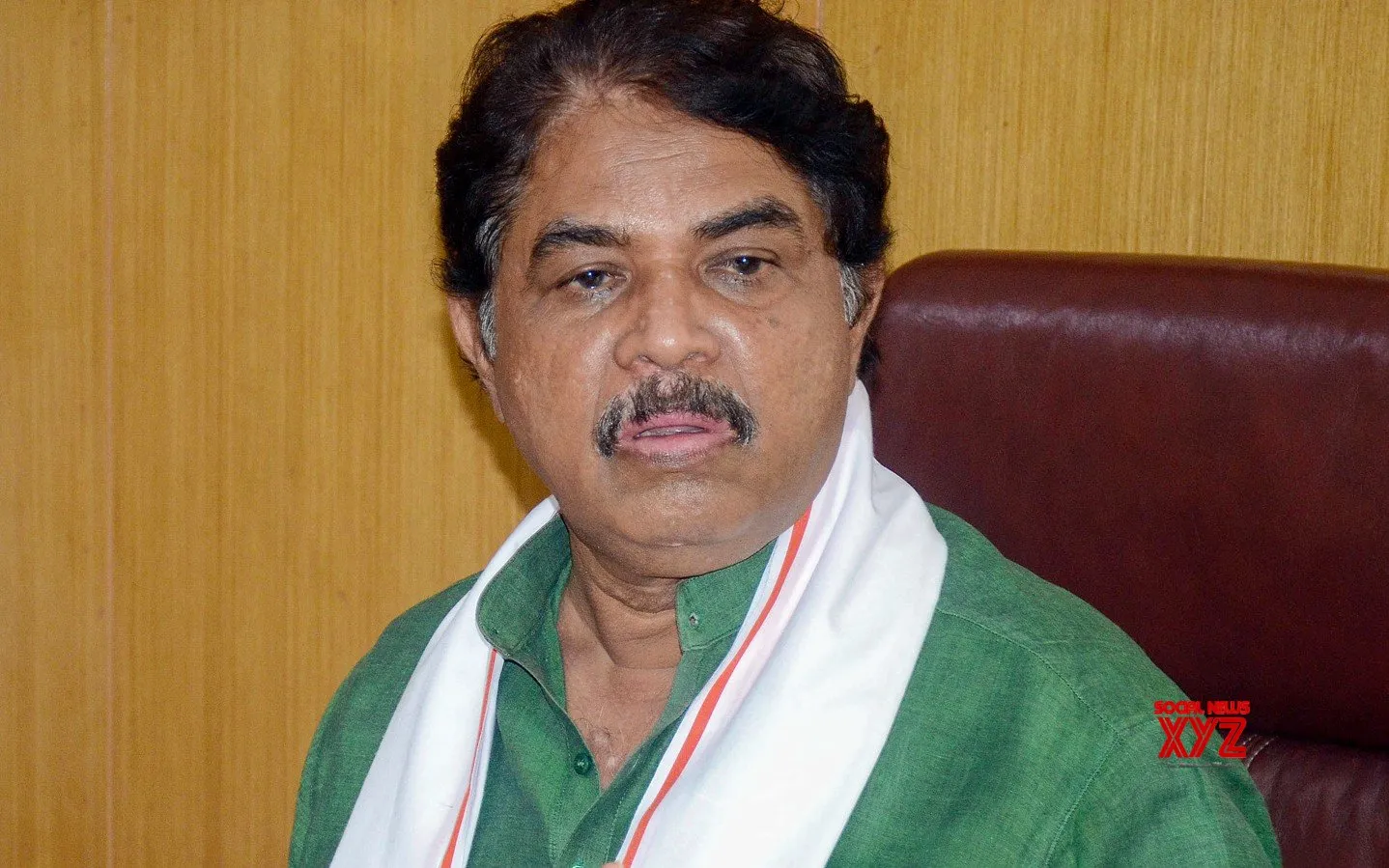Copyright Bitcoin Magazine

One month ago, Harshvardhan (“Hash”), an alumni of the MIT Bitcoin Club and an organizer for the MIT Freedom Tech Expo, told me in an interview about how a friend of his who is a social worker in Nepal and who was on the ground during the recent protests in the country doesn’t like Bitcoin. “There’s a lot of people with left-leaning ideology who still think bitcoin is a capitalistic tool, and they’re not very comfortable with it yet,” explained Hash. I’ve been thinking a lot about this point he made since we spoke. As someone who was formerly more politically Liberal, I still have a lot of friends and acquaintances who seemingly shudder at the mere thought of my writing about Bitcoin for a living. I get the feeling that they think I’ve become some right-wing fanatic who only cares about money. I can see why they might think that (despite it not being true). In the U.S., Bitcoin has very much become synonymous with the Trump administration and most of what the average person sees about it in the mainstream media is reporting on its price going up or down. Put another way, if you’re not intentionally searching for stories about how Bitcoin facilitates financial inclusion, the freedom to transact, and protection from inflation/currency debasement, then you aren’t likely to find them, which means that the average person hardly — if ever — gets exposure to the human rights side of the Bitcoin story. And so if you’re looking for some examples or thoughts to share with friends of yours who may be on the political left and don’t like Bitcoin as a result, I’ve included a few below: Financial Inclusion One of the most powerful stories of Bitcoin enabling financial inclusion is the story playing out in the informal settlement (i.e., slum) of Kenya’s Kibera right now. Kibera is the largest informal settlement in Africa, and thanks to the hands-on work that Afribit Kibera is doing to educate members of the Kibera community about how to use Bitcoin, more and more of Kenya’s poorest and most financially vulnerable have been brought into the digital economy and are saving for the first time in their lives. The story of the work Afribit Kibera is doing was highlighted in a recent segment by the BBC: One of the points not mentioned in this segment, though, is that many of the residents of Kibera are refugees from other African nations and are currently ineligible for a national ID. Without a national ID, these residents cannot use M-Pesa, a digital payments system that’s ubiquitous in Kenya. However, with a Bitcoin Lightning wallet and Tando, a homegrown Kenyan app that enables payment in bitcoin and settlement in Kenyan shillings, these members of the community can take part in the digital economy, as neither require Know Your Customer (KYC) checks. (Yes, I know, some custodial Lightning wallets require varying degrees of KYC, but noncustodial Lightning wallets don’t.) Freedom to Transact Most of us in the West take for granted our freedom to transact over digital payment rails like PayPal, CashApp, or Revolut, which means we haven’t had much reason to think about how devastating it would be if our accounts via those services, or our bank accounts, were frozen or shut down. However, activists and dissidents around the world, especially those living under authoritarian regimes, see their accounts closed often when they speak out against the powers that be. Debanking people or organizations that challenge the power of authoritarian rulers has become one of the first moves in the dictator’s playbook. One of the most flagrant cases of this is when the Putin regime shut down the bank accounts of opposition leader Alexei Navalny’s Anti-Corruption Foundation. With that said, we also saw a wave of debanking in the United States under the Biden administration. During Operation Choke Point 2.0, the Biden administration debanked a number of Bitcoin and crypto companies, seemingly for no reason other than that they were politically out of favor. This proves that, while the banking system and fintech companies are technically still private institutions, it only takes a certain amount of pressure from the powers that be — even democratically-elected officials — to stop people and companies from being able to transact. In her book Broken Money, Lyn Alden highlights the importance of bitcoin as it pertains to this issue. She states that “self-custodial financial services force governments to actually charge people with a crime before they can use pressure to freeze their accounts.” Alden added that Bitcoin is bigger than political ideology in this regard. “[Bitcoin] is not a ‘right or left’ issue, because one merely needs to imagine their least-favorite politician winning the next election, or two or three elections from now,” she wrote. Freedom from Inflation Many who are unfamiliar with Bitcoin, don’t understand the significance of its capped supply (There will only ever be 21 million bitcoin). A perfectly finite supply of money contrasts starkly with fiat currencies, which have no supply cap. Fiat currencies can be printed to no end, which devalues the time and labor of the users of these currencies. Those of us living in the United States have felt the pain of this currency debasement, as inflation levels have been notably high here. However, it’s important to note that the U.S. dollar is essentially the prettiest pig in the pen when it comes to fiat currencies. Most other currencies are being debased at a more alarming rate, with the most severe instances of this being what has happened in countries such as Venezuela, Lebanon, Argentina, and Turkey. This is why when Sabina Waithira, one of the co-founders of the aforementioned Tando, teaches university students in Kenya about bitcoin, she highlights that it offers freedom from inflation. This sort of freedom is particularly important in a country with a currency that has been inflating at levels as high as 14% annually since the mid-2000s. Bitcoin Is Politically Neutral Since Bitcoin is an open protocol and isn’t governed by one person or institution, it isn’t inherently political. Sure, the Trump administration has taken a pro-Bitcoin stance, which may be offputting to those on the political left, but that doesn’t mean Bitcoin doesn’t facilitate notions like financial inclusion, an issue that Liberal politicians tend to support. So, if your politics are more aligned with Liberal ideology, be sure to check out the work of The Progressive Bitcoiner nonprofit as well as Jason Maier’s A Progressive’s Case for Bitcoin. And if you find yourself politically homeless but still a proponent for human rights as they’re enabled by Bitcoin, be sure to learn more about what the Human Rights Foundation is doing via its Financial Freedom division and subscribe to its Financial Freedom newsletter. Bitcoin is a tool for all human beings — those across the spectrum of the political right and left — and it’s high time that this message becomes more widespread.



